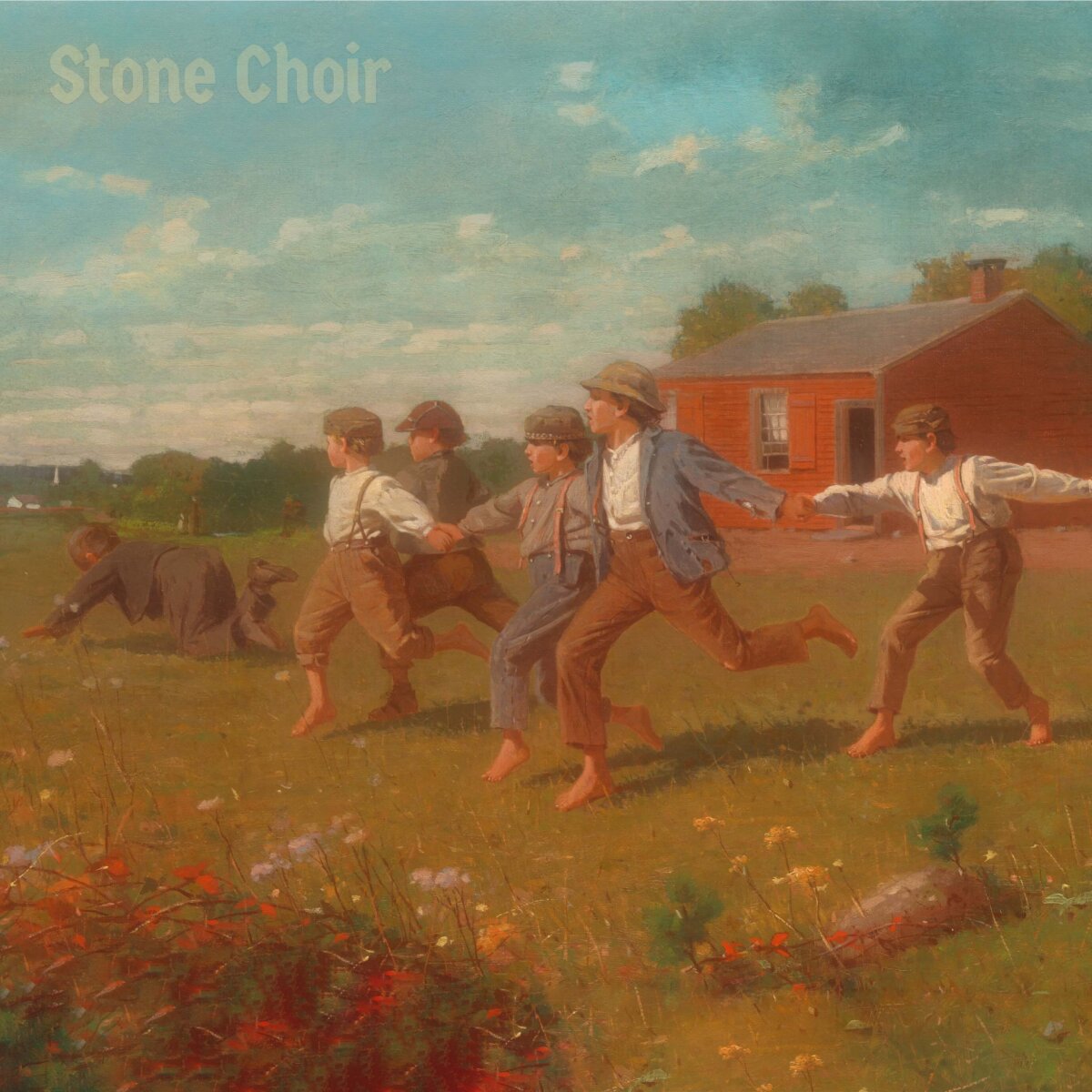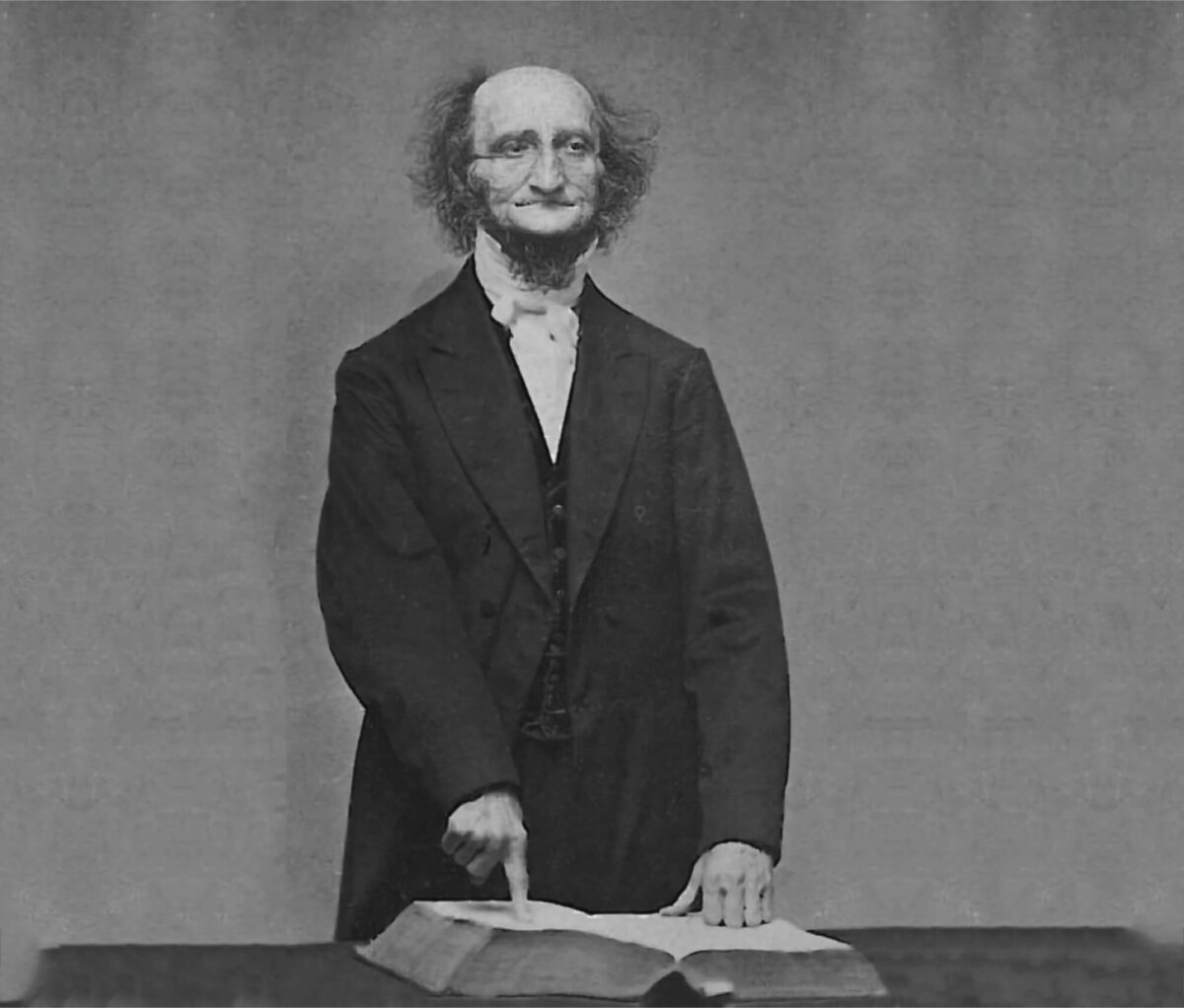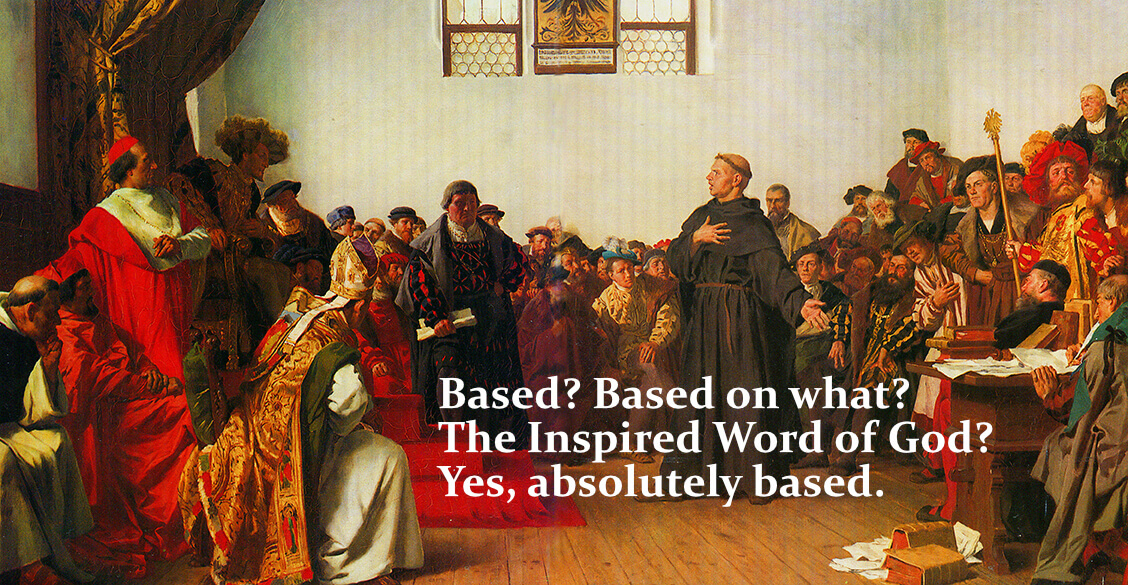Love: Family, Friends, Tribe, and Nation
Podcast: Play in new window | Download (Duration: 1:49:25 — 209.6MB) | Embed
Subscribe: Apple Podcasts | Spotify | Amazon Music | More
Hosts

Corey J. Mahler

Love and duty are matters of concentric circles — to the closer is the greater duty and the greater love owed. In the previous episode in this series, we covered the facets of self-sacrifice love (agape) and charity (caritas); in this episode, we cover familial and brotherly or fraternal love, emotional (amor) and intellectual (dilectio) love, and piety (the historical, proper sense) and paternal love — three pairs, as it were. We call these facets, because it is not that love can be dissected and broken down into constituent parts; rather, it is that love is expressed in different ways between different people at different times. The love a husband has for his wife is not the same as the love a man has for his nation.
If we are commanded to love, then we must certainly understand what it means to love. We must know whom (and what) we must love and what is the nature and scope of that love. The world would deceive us by calling that which is not — and often even that which cannot be — love ‘love’. As Christians, we are commanded to be wise, and love — to whom it is owed and how it must or must not be expressed — is assuredly a matter of wisdom.
Subscribe to the podcast here.
See Also
Further Reading
Parental Warnings
“Homosexual fornication” and “sodomy” are used as descriptors for an example around the 40:00 mark, but the matter is not discussed in detail or explicitly.
Current Sponsor(s)
Coming soon?
Support the Podcast
- Recurring Donation
- One-Time Donation
- Mahler’s Amazon.com Wish List
- Woe’s Amazon.com Wish List
- The Stone Choir 2024 Challenge Coin
- Update: Shipping has begun.
Comments?
Join the discussion on Telegram, visit the feedback form or comment below.





